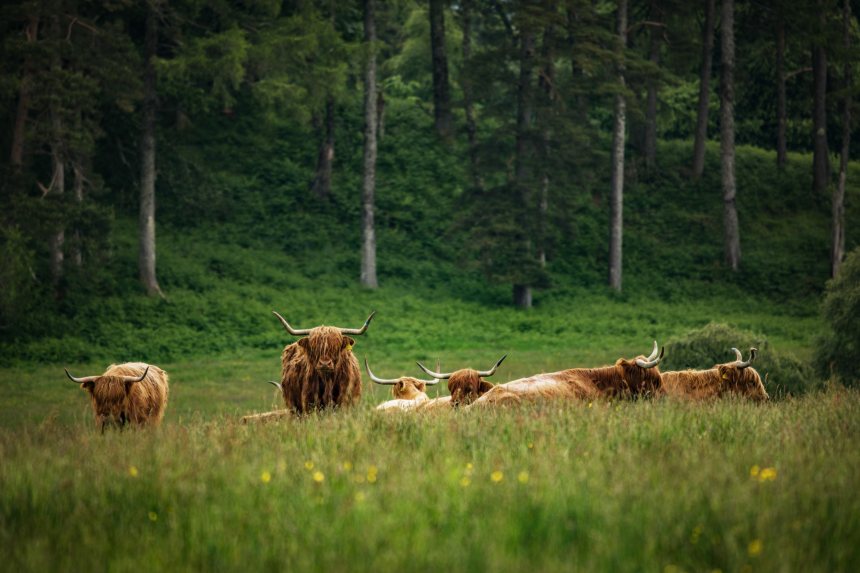UK's post-Brexit trade deals 'not good enough' for Scottish farmers

The UK government's trade deals with Australia and New Zealand "are not good enough" for Scottish farmers, Holyrood has warned.
The deals, which entered into force on 31 May, will provide Australian and New Zealand exporters with unfettered access to the UK market.
This could allow an influx of goods, often produced to lower cost and regulatory standards, with fears it could undercut British farmers.
Scotland's Rural Affairs Secretary Mairi Gougeon has called on UK ministers to "listen" to the devolved governments when negotiating future trade deals.
She said the UK government’s approach to Brexit "continues to undermine devolution and reneges on promises made ahead of the EU referendum."
Ms Gougeon said: “These trade deals are not good enough for Scotland’s producers - they have been rushed through and the UK government’s own economic modelling shows that the agri-food sector will lose out.
“By contrast, the EU has secured advantageous terms in their trade deal with New Zealand, securing more protective tariff rate quotas and coverage from day one, of over 2000 food and drink products from the EU Geographical Indicator scheme."
It follows the NFU warning that there was "little" in the Australia and New Zealand trade deals to benefit British farmers.
The union said that UK farm businesses faced significantly higher production costs than farmers in Australia and New Zealand.
And margins "were likely to tighten further" in the face of rising input costs, higher energy bills and labour shortages.
NFU President Minette Batters said: “Confirmation that the UK’s new trade deals will come into force at the end of May brings into sharp focus the need for government to monitor the impacts for our farmers."
Mrs Batters added that it was 'clear' that UK farmers had "very little to gain" from these two deals, adding that government must open up markets where there's a "genuine opportunity" for farmers.
“We must ensure that the government's commitment to uphold the UK’s food safety standards in all deals it negotiates remains unwavering," she said.
"We need to see the government working with farmers to develop a set of core environmental and animal welfare standards that it can seek to safeguard through forthcoming FTAs and its general import policy under its current WTO commitments."
A report published by the AHDB last year warned that New Zealand farmers would see far greater benefits compared to UK farmers.
The report took a detailed look for the first time at the potential implications of the New Zealand trade deal on UK agriculture.
David Swales, AHDB head of strategic insight, said: “It’s clear that New Zealand farmers will benefit from this trade deal with UK farmers negatively impacted.
"Our analysis shows that the impact should be modest, but there are risks of a more substantive impact in scenarios where New Zealand’s trade with China is disrupted.”
Mairi Gougeon said neither the Scottish government nor its economic agencies had been involved in the preparation for implementation of these trade deals.
"Fundamental questions persist regarding the sufficiency of UK government led training and funding for exporters," she said.
"This will be vital if exporters are to leverage any advantage possible from these trade deals."








